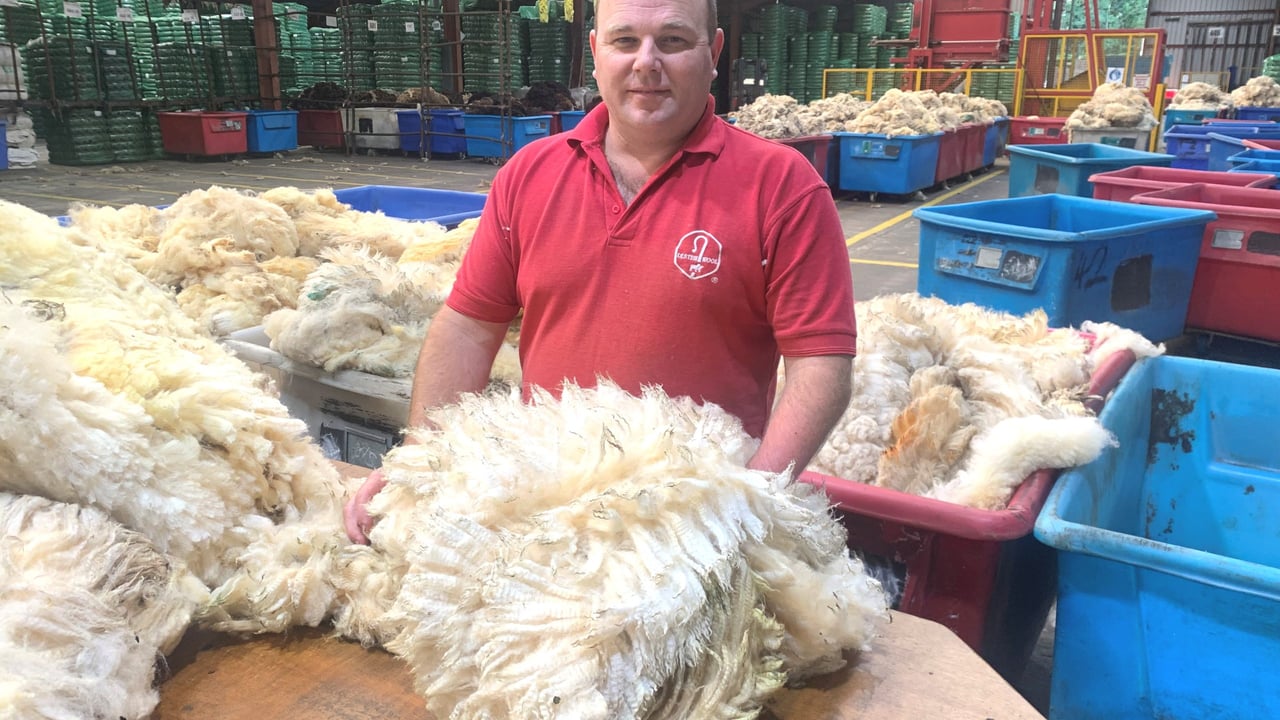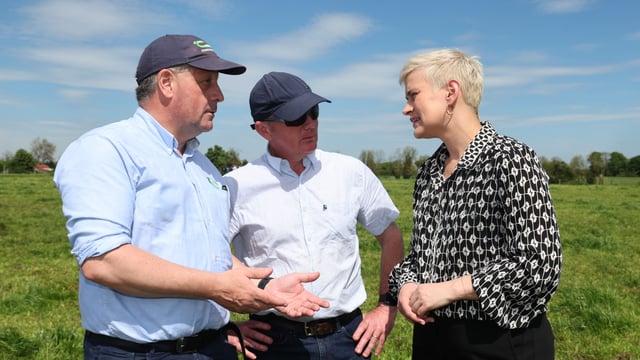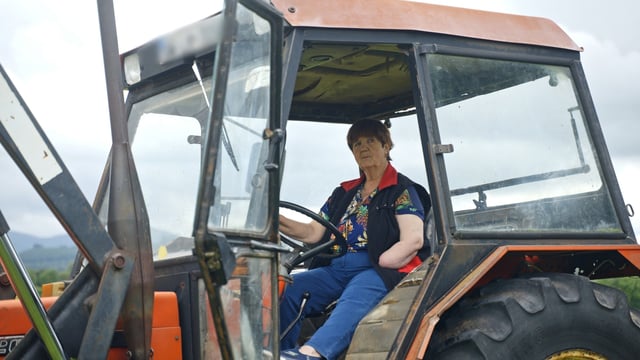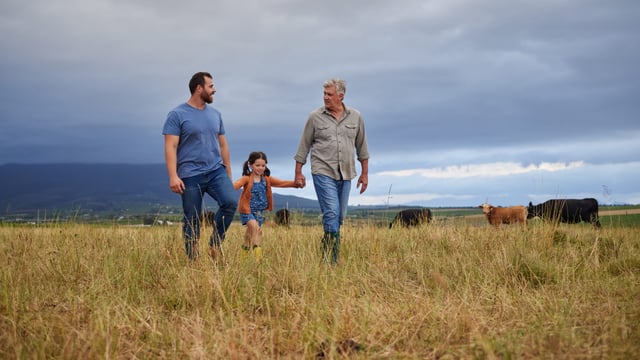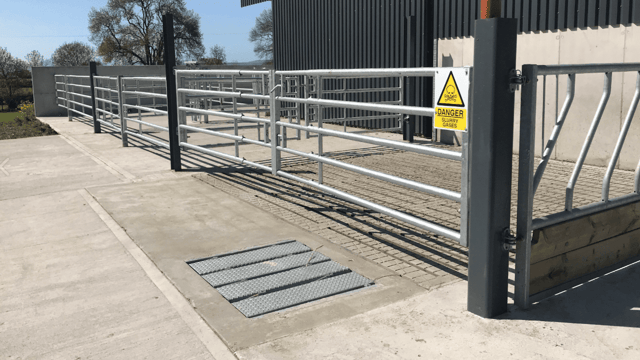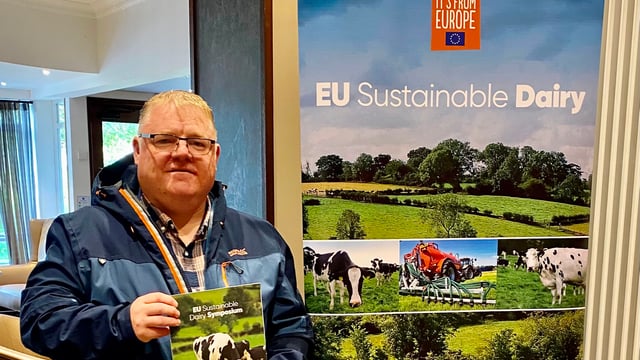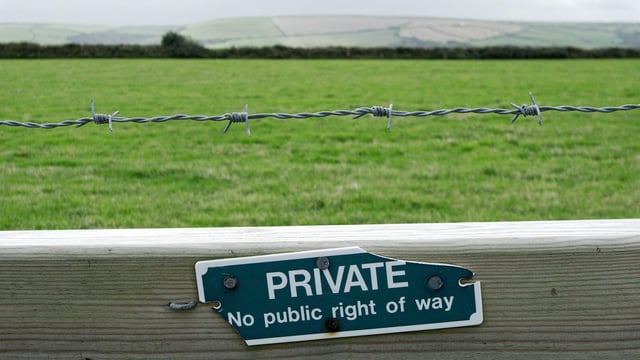'Very encouraging' turnout for open evening - Ulster Wool Group
Approximately 200 people attended an open evening hosted by Ulster Wool Group at its Muckamore deport in south Co Antrim.
Ulster Wool Group chair, Brendan Kelly, told Agriland: “Included within the turnout were 100 young farmers.
“This was very encouraging. The Young Farmers Clubs of Ulster had heavily promoted the event beforehand.
"The reality is that we need large number of young people to take an interest in sheep and wool production at the present time."
The Muckamore event provided those in attendance with an opportunity to see firsthand how wool, coming in from farms is graded.
Kelly explained: “Grading allows us to assemble bales of wool with a comparable grade. These are then sold courtesy of monthly auctions that are organised by British Wool from its headquarters in Bradford.
"Individual bales can contain wool from up to nine different farms. Each is also core tested prior to auction in order verify the consistency of the wool contained within it.
“The range of fibres collected within a core is specifically tested in a laboratory located on the island of Anglesey.”
Wool prices
According to the Ulster Wool Group chairperson, wool prices continue to increase.
“The last monthly auction was particularly strong with new customers entering the market," he said.
“Wool prices in New Zealand are also buoyant at the present time. Much of this has been driven by a strengthening Chinese demand for wool.”
Meanwhile, sheep numbers in Northern Ireland continue to decline. But there are hopes of this trend being reversed.
Kelly added: “Prices for breeding hoggets and ewe lambs are very strong at the present time. So this gives hope that sheep breeding stock numbers will start to increase again.
“But we also need to see a specific support scheme put in place for sheep.
“To this end, members of Northern Ireland’s Sheep Task Force will meet with representatives from the Department of Agriculture, Environment and Rural Affairs before Christmas.”
Taskforce members want sheep farmers in Northern Ireland to receive parity with the measures already available south of the border. This works out at approximately £20/ewe.
It is believed there are a number of steps that can be taken to quickly reflect the support needs of the sheep sector.
One of these is the full recognition of sheep grazing systems within Northern Ireland’s future environmental schemes.
Grazing livestock have a key role to play in maintaining and improving hill and upland environments.

